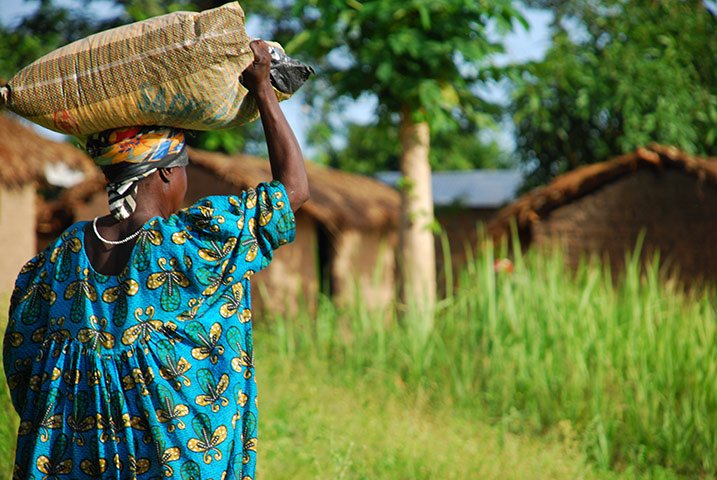Jenny Vaughan/Mercy Corps
By
Alpha Jallow
According to new figures released today by international NGO ActionAid, women are working an average of four years longer than men during their life, largely because of their greater role in housework and caring for children, the sick and elderly. Around the world governments are failing to take action to deal with the causes of inequality for both women and men.
This finding is part of new ActionAid research into how countries are preparing to meet the promises they made on tackling inequality in the UN Sustainable Development Goals (SDGs) one year ago.
The report says impressive promises world leaders made to improve the world by 2030 won’t be met if governments don’t starting taking their commitments seriously. One year on, the report further revealed they’ve not even started work to reduce the inequality that has such stark impacts on women and girls.
Income inequality is key to how women are systematically losing out — the United Nations agency UNDP calculates that Africa loses between $95 and $105 billion every year in labour income because of gender disparities. But there’s more to the story of tackling the causes of inequality: on average, women spend over three and a half hours a day on household chores – two and a half hours more than men. New ActionAid analysis shows that a young woman will work an extra four years on average over her lifetime compared to men, largely due to women’s additional unpaid care work.
“It is worrying that governments are not yet out of the starting blocks in the response to tackling inequality. With women working an extra four years over their lifetime than men because of additional care work, it is clear there is still a long way to go,” Zakaria Sambakhe, a senior officer at Actionaid Senegal opined.
“It is disappointing that a year after the UN Sustainable Development Goals summit, none of the 14 countries we examined are doing all they should. Three of the ten developing countries we looked at are making satisfactory progress on less than half of the policy indicators, and all of the developed countries continue to pursue policies, including discriminatory tax arrangements and land policies, that worsen inequality” said Zakaria Sambakhe.
The report also found that too many developing country governments are failing to introduce laws and policies to reduce inequalities. For example, social protection is recognised as a key policy with positive impacts on inequality, including gender inequality, and yet only two of the ten developing countries we studied have comprehensive legal coverage.
Governments have the power to address the barriers that are stopping the creation of a more fair and equal society, but at the same time the influence of those companies, governments, and individuals that have accumulated disproportionate resources and influence must be reduced. Crucially, citizens must be more actively engaged with their governments, and governments must listen to them.
The report further highlighted that all governments, rich and poor, must develop and be held accountable to plans that reduce inequality. The accompanying policies must recognise, redistribute and reduce women’s unpaid care work, improve women and young people’s decent work opportunities and wages, and improve women’s access to and control over natural and economic resources”.



No Comments Yet!
You can be first to comment this post!